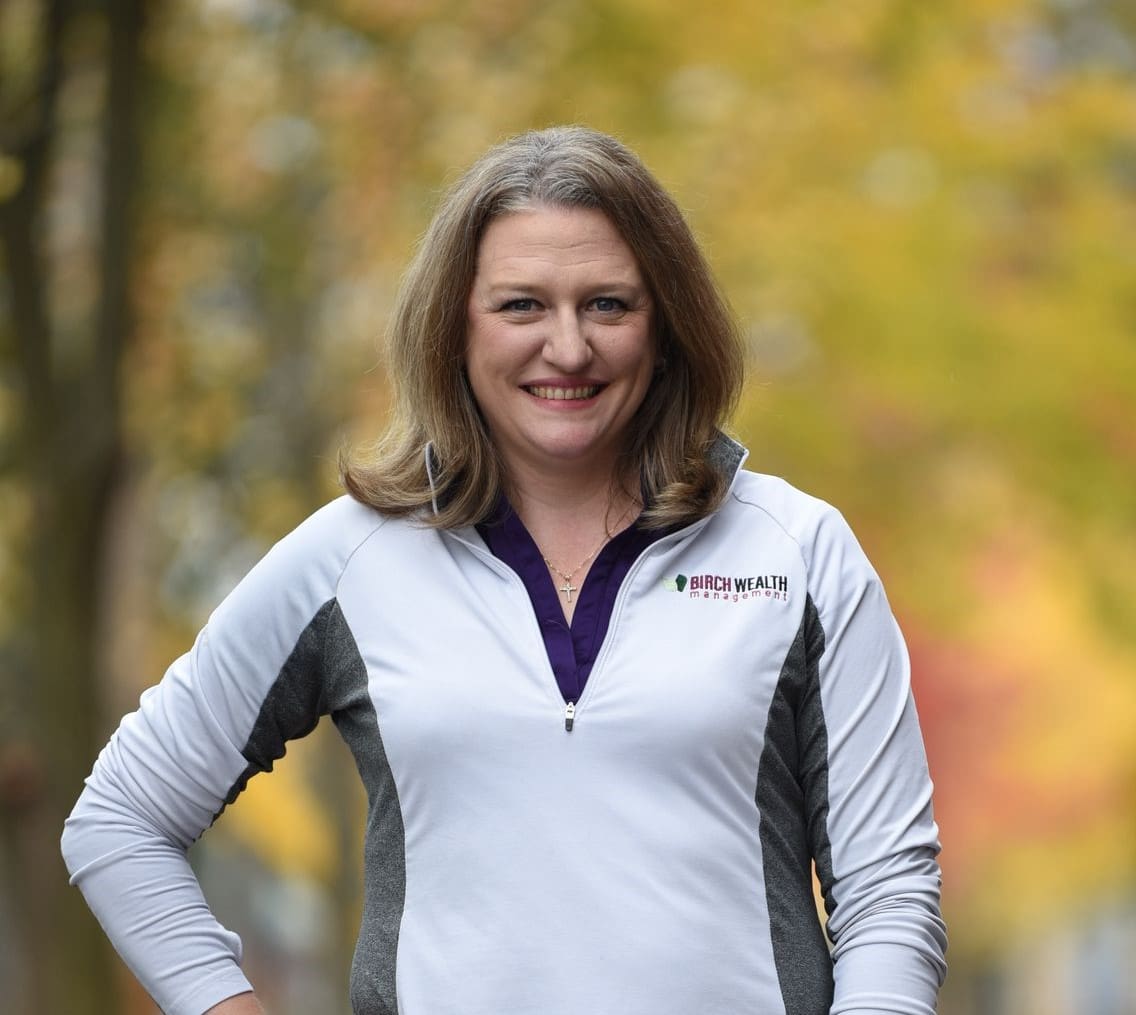By Kate Hanzalik
The number one cause of death among American men and women is heart disease, according to the Centers for Disease Control. In fact, someone dies from the condition every 34 seconds. Numerous factors contribute to heart disease, ranging from congenital defects, genetic predisposition, lifestyle, and socioeconomics, to name a few. Scientists are aware of the problem, but they want to expand our understanding of what goes wrong and what can go right with advanced research. At Syracuse University, Latha Ramalingam, Ph.D., an assistant professor in the Department of Nutrition and Food Studies in Falk College, is one such scientist.
In recent years, Dr. Ramalingam has been conducting studies funded by the American Heart Association that examine obesity and heart health in parents before and during pregnancy, and the impact nutrition may have on their children using animal models.
“If the mom is essentially eating food rich in saturated fat, then that acts as a catalyst, so the offspring have a high risk of diseases like Type 2 diabetes, heart disorders and liver disorders,” she said. To reduce the risk, she is studying the benefits of fish oil. “We all know fish is good for you; but if you take fish oil prior to pregnancy, how it benefits your offspring/ children is not known yet,” she said.
In one of her studies, she examined female mice consuming fish oil during pregnancy, and made important discoveries. “Fish oil reduces inflammation, triglycerides, not only in the women but also in their offspring. So, there is a generational effect you can see,” she said. “If the mom is consuming fish oil, the risk of these diseases is shown to be lower in their offspring. But all these studies are in mice, so it would take a while to translate to humans.”
In another study funded by the American Heart Association, she is also examining the health of male mice. “The fathers have never been in the picture. No one cares about what the father eats. So in this ongoing study, she is investigating if fathers healthy eating habits before pregnancy is beneficial for their children. We found some interesting findings in our animal studies, which is that if the father is eating healthy, and then the couple gets pregnant, then it reduces the risk of obesity in their offspring.” So, her recommendation is “fish or fish oil consumption in fathers, just to be healthy even before they attempt to get pregnant.”

Genetics, Diet, and Exercise
Dr. Ramalingam is inspired to do her research because her father has Type 2 diabetes. “People suffering from obesity get Type 2 diabetes, so I started looking at obesity. I wanted to look at a way to reduce obesity, and wanted to do it through diet, that’s how I started.” She is also inspired to take extra precautions with her own health. “My dad has a risk of heart disease so I recognize the need for a balanced diet and being physically active. Additionally, I also get my blood pressure and ECG (electrocardiogram) checked so make sure I am not in the risk category.”
She recommends that others who are genetically predisposed to obesity be cautious. “If you know you have a risk of obesity or heart disease in your family, if you pay extra precaution to what you eat and go for regular check-ups, then you can avoid those risks.”
Whether or not you’re at risk, she offers some helpful advice: exercise 30 minutes a day for five days a week; supplement with fish oil (~1000 mg) or eat fish twice weekly; cut out saturated fat and deep-fried food; add more fiber to your diet to reduce fat absorption. “All the above is common knowledge but it’s hard for us to follow. I think we need a behavioral change to follow those things.”
She encourages people to seek out resources as well. If necessary, contact a registered dietician to improve your diet. Use food trackers, such as the MyPlate app or MyFitnessPal etc. Learn more about obesity and heart health by visiting the American Heart Association website at www.heart.org.

Women in the Sciences
Dr. Ramalingam has made significant academic achievements and contributions to research at a time when the world of science is led by men. She has a Ph.D. in biochemistry and molecular biology from Indiana University School of Medicine, a master’s in technology from Vellore Institute of Technology’s School of Biotechnology, and a bachelor’s in pharmacy from the School of Pharmacy at Sri Ramachandra Medical College. She has received several national and international awards as well as funding to conduct innovative research, and she has published many articles in reputable scholarly journals. In addition to all of this, she is an advocate for women who want to work in the sciences.
“I’m passionate about bringing women to science. I have a lot of students who are women and minorities in my lab. We all know there’s still a lack of women in science, so we need to improve those numbers. We call it a leak in the pipeline because as the ranks go higher, there are less and less women in science. So, I try to immerse and help women in science.”
She encourages high school or college women who want to explore research to check out what Syracuse University has to offer in terms of research opportunities, including undergraduate summer research programs. For more information, you can contact Dr. Ramalingam at lramalin@syr.edu






You must be logged in to post a comment.